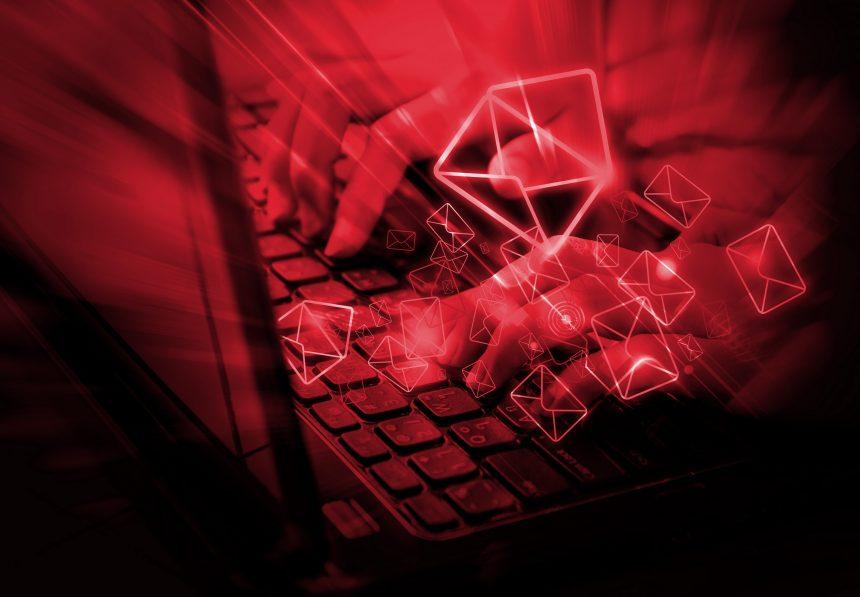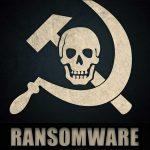The “DHL Unpaid Duty” scam email has been identified as a phishing attempt impersonating DHL, a well-known logistics company. This fraudulent email aims to deceive recipients by creating a sense of urgency regarding a pending shipment and an unpaid duty of a minimal amount. The message urges recipients to settle the alleged dues by clicking a provided link, leading to a counterfeit website designed to harvest personal information. Such scams are part of a prevalent cyber threat known as phishing, which relies on social engineering tactics to trick individuals into divulging sensitive data.
Understanding the Threat
The deceptive email claims an unpaid duty for an undelivered package, emphasizing the need for prompt payment to ensure timely delivery. However, the entire narrative is false, designed to manipulate recipients into clicking on the link, redirecting them to a fake website aiming to collect personal information. Scammers employ this harvested data for identity theft, phishing scams, or even extortion, posing severe risks to individuals’ privacy and finances.
Similar Threats and Prevention Measures
Similar phishing attempts include:
- “Microsoft Security Team – Password Expiration”
- “Quarantine Area”
- “FedEx – Delivery Of The Suspended Package”
Preventive measures against such scams:
- Verification: Always verify the legitimacy of emails by contacting the alleged sender through official channels.
- Hover Before Clicking: Hover over links to check their true destinations before clicking.
- Install Security Software: Use reliable antivirus and antimalware software to detect and block phishing attempts and malicious websites.
Removal Process for Phishing Threats
Step 1: Immediate Action:
- If you suspect an email is phishing, avoid clicking on any links or providing personal information.
Step 2: Report and Delete:
- Report the email as spam or phishing to your email provider and delete it immediately.
Step 3: Monitor Accounts:
- Monitor your financial and online accounts for any unauthorized activity or changes.
Conclusion
The “DHL Unpaid Duty” phishing email exemplifies the growing trend of cybercriminals exploiting reputable brands to trick individuals into revealing sensitive information. By understanding these scams and practicing caution, individuals can shield themselves from falling victim to phishing attempts. Vigilance, verification of sender authenticity, and avoiding interaction with suspicious emails are crucial steps in safeguarding personal data and thwarting potential cyber threats.





